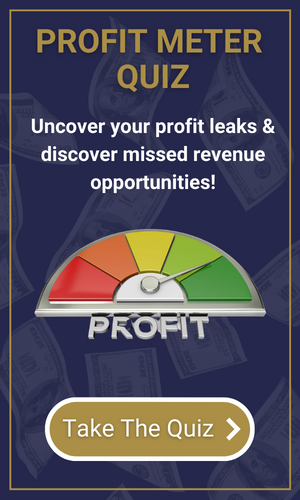Do you know what your business is worth? If you’re like many business owners, the answer to this question is probably “no.” That’s because business valuations can be both time-consuming and costly. Even so, there are many instances when it’s important to determine the value of your company.
Selling. Anyone considering selling a business should first have it valued. By doing so, you’ll help ensure that you don’t sell your company for less than it’s worth. Plus, knowing its value helps prevent you from setting the price, and your expectations, too high.
The same holds true if you’re selling a division, territory, or product line. It’s not uncommon to have a valuation prepared for just a segment of your business.
Partners. Looking to bring new partners into your business? Having your business valued by a third party is a fair way to set the buy-in price.
If you already have partners in your business, you should have a “buy-sell” agreement in place, detailing what happens if one of the owners dies, becomes disabled, retires, or wants to be bought out. Generally, buy-sell agreements dictate when and how your business needs to be valued.
Estate planning. Business valuations are also a key ingredient in your succession planning. Without knowing the fair value of your business, how can you ensure that there will be enough liquidity to allow for a smooth transition to your successors? Plus, if you’re gifting shares of your company to your family members, charities, or other people or organizations, being able to substantiate the value of the shares given is a must.




